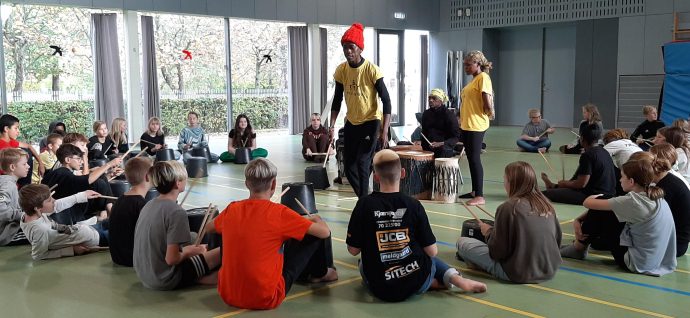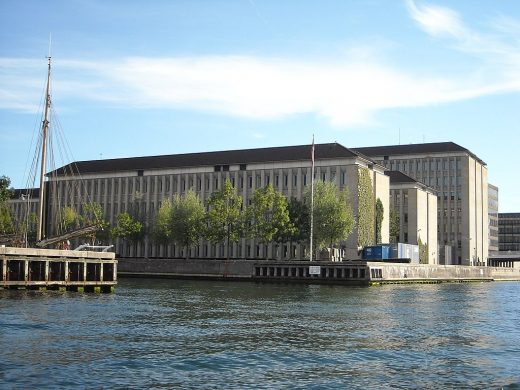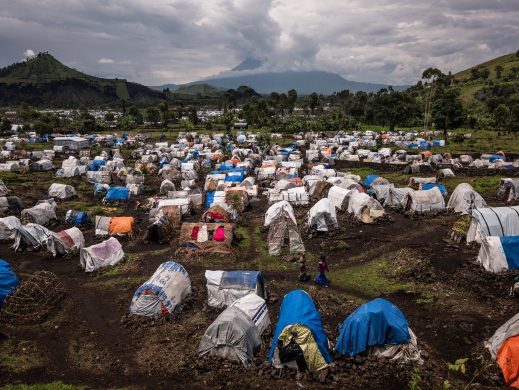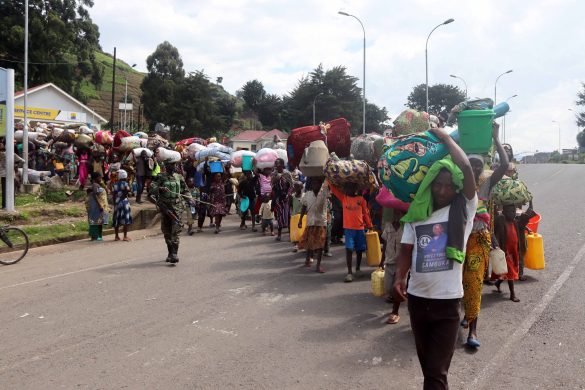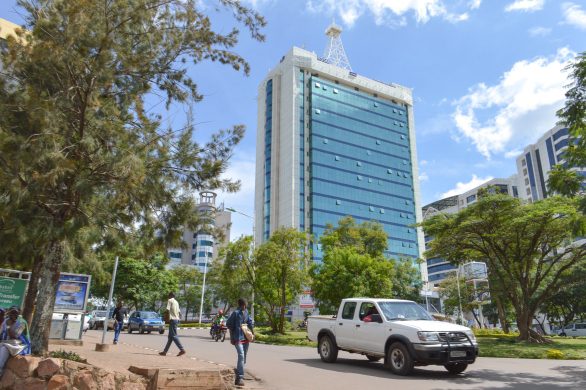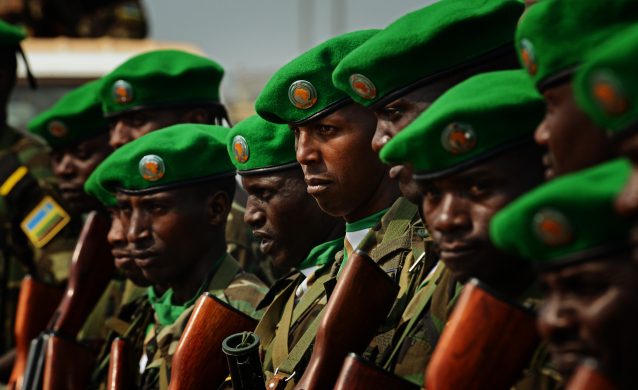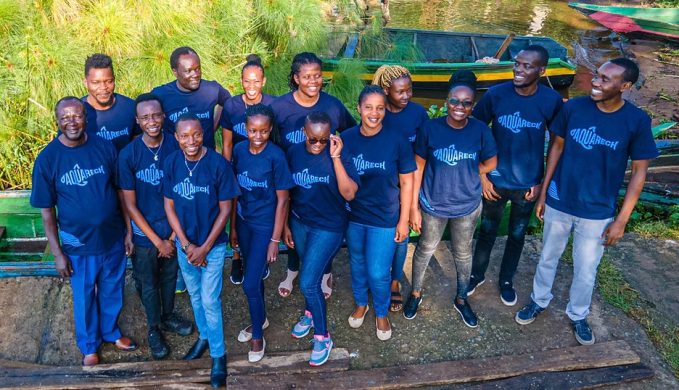KIGALI, 10 September 2015 (UNDP): The Government of Rwanda today launched its first National Risk Atlas, the first-ever comprehensive risk profile developed in Africa.
In collaboration with UNDP, the World Bank and the European Union, the National Risk Atlas was developed through a comprehensive risk assessment to provide to the Government of Rwanda guidance in national planning and policy-making on disaster risk reduction.
“Disaster risk reduction is everybody’s business, it is a cross cutting concern. This is a call for all of us to work together, and to use this information extensively in our respective work,” said Seraphine Mukantabana, Minister of Disaster Management and Refugee Affairs (MIDIMAR).
En forudsætning for bæredygtig udvikling
UNDP Assistant Administrator and Director of Bureau for Policy and Programme Support, Magdy Martínez Solimán, who was also present at the event, said:
“We will never successfully eradicate poverty or achieve sustainable development so long as we continue to marginalize disaster risk reduction.”
He further added, “Development must be risk-informed in the best spirit of the Agenda 2030 of the Sustainable Development Goals. The findings from the Risk Atlas, as well as from risk-assessments in general, must feed into any and all development planning. National and local development plans and strategies are prime opportunities for this, and efforts should be made to institutionalize the findings and utility of the Atlas.”
Værdifuld i forhold til infrastruktur og beredskab
With the introduction of this new tool, the country is expected to benefit from development decisions that are evidence-based and risk informed. The consolidation of accurate data on disaster risk will help save human lives through enhanced mitigation strategies, efficient emergency response and resilient infrastructure. The Atlas project is unique in the sense that the risk assessment was led by a team of local consultants to make the best use of local experience and expertise and to develop local capacities in this field.
The Government of Rwanda (represented by MIDIMAR) is leading this process.
Additionally, the project optimizes South-South Cooperation by engaging regional institutions like the Volcanic Observatory of Goma (The Democratic Republic of Congo), the Regional Centre for Mapping of Resource for Development (Kenya), the Nile Basin Initiative/Nile Equatorial Subsidiary Action Program, the Famine Early Warning System Network (Rwanda), and the Royal Museum of Central Africa.
Also present at the launch event were other senior government officials, heads of UN Agencies, district mayors, development partners and donors, universities and research institutions, and members of civil society.
Download The National Risk Atlas of Rwanda
http://midimar.gov.rw/uploads/tx_download/National_Risk_Atlas_of_Rwanda_electronic_version.pdf
(PDF, 193 sider)





